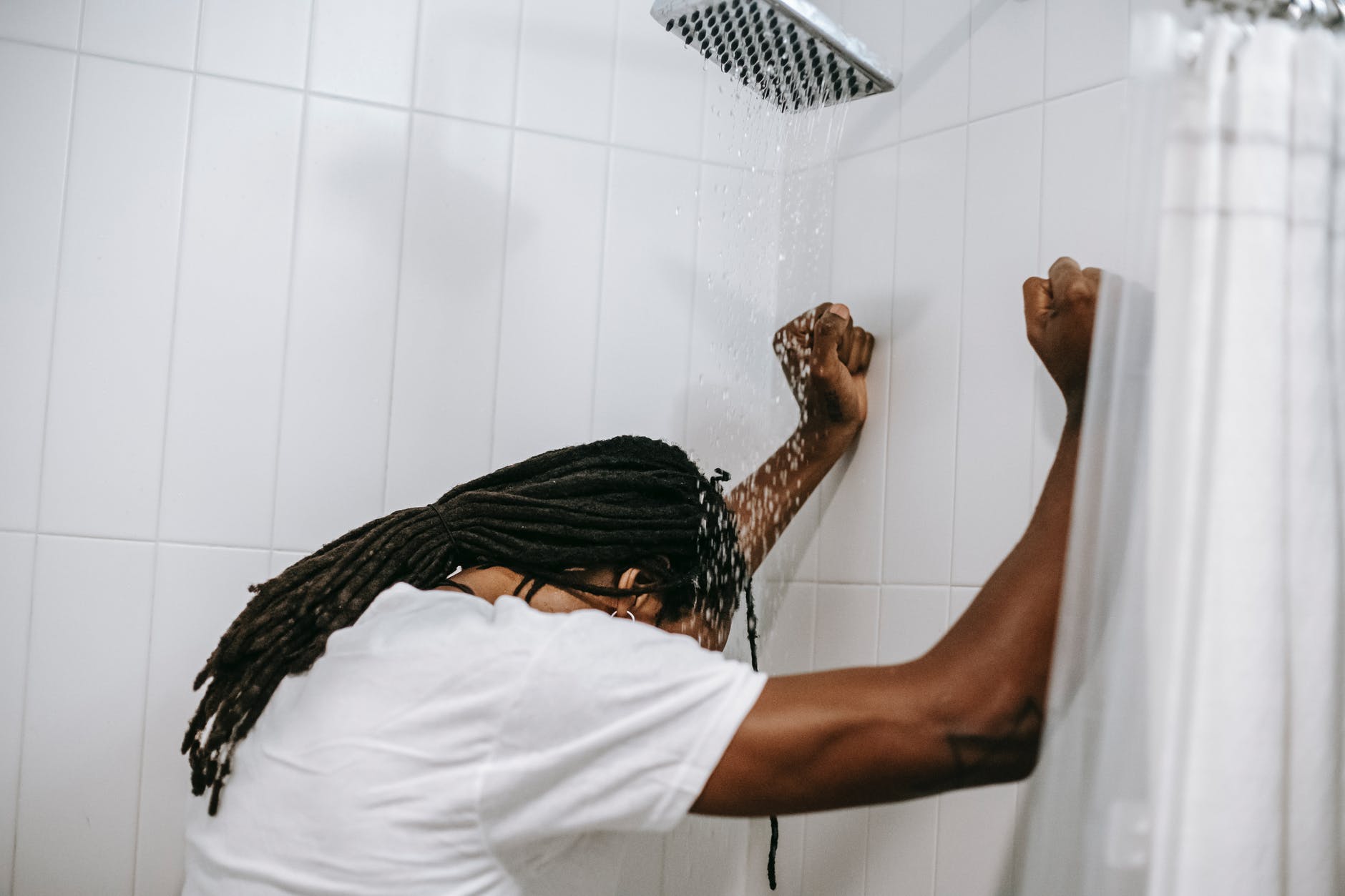Your heart starts racing, a thousand butterflies flutter in your tummy and a general sense of weight envelops you. Your throat is dry, but your palms are sweating; breathing feels impossible yet you keep taking in huge amounts of air only to expel it immediately. You are having a panic attack.
Mopani Pharmacy consulted local clinical psychologist, Nicola Munro, on how to deal with panic attacks.
What is a panic attack?
“A panic attack is an overreaction of the body’s normal physiological response to the perception of a threat. When one experiences a panic attack, the body goes into fight or flight mode without the presence of any real physical danger”, Nicola explained.
According to Some notes on a historical perspective of panic disorder, by Antonio Egidio Nardi, early civilisations would have presumed the affliction of anxiety or panic disorders to be of supernatural origins. “Assyrians and Egyptians regarded many diseases as hurled from the heavens. Greek myths and epics similarly viewed madness as visitations from gods”, it reads.
Today however, we know that panic attacks seem to originate from a network of fear with altered sensibility; and this network stems from the brain itself.
What are the most common triggers for panic attacks?

“There are a variety of factors which trigger panic attacks including physiological, cognitive and behavioural,” said Nicola.
- Physiological triggers could include medications, substance misuse (including caffeine) or withdrawal, hormone imbalances, hypoglycaemia or thyroid disorders
- Cognitive triggers are often a result of catastrophising a situation by imagining the worst-case scenario related to a number of issues including finances, social pressure, relationships, work performance or health
- Behaviourally panic attacks may arise from taking on too much or engaging in behaviours which feed into and exacerbate the previous two factors. In some cases, there may be no obvious trigger, however, our bodies and brains may be unconsciously responding to cues in the environment which remind us of a previous trauma
Best way to deal with a panic attack?
“The best way to deal with a panic attack is to firstly understand the dynamics of a panic attack. In doing so, you understand that the symptoms of a panic attack are uncomfortable, yet they are not dangerous or life threatening”, said Nicola.
“When the body releases adrenalin, you may experience the uncomfortable sensations of dizziness, tightness in the chest, difficulty breathing and tingling sensations. These symptoms are often misinterpreted as a heart attack or a life-threatening problem; this increases anxiety leading to a vicious cycle”, Nicola explained.
“Secondly, it is counterproductive to try and stop a panic attack as this tends to exacerbate the symptoms. Similar to falling asleep, if we try too hard to fall asleep, we are focussing on an outcome we cannot control. It is best to first accept the panic attack and from there focus on things within our control.”
- Panic attacks usually last between 10 and 30 minutes, although the symptoms of anxiety can linger. Since we know it will pass and we know we cannot control the symptoms, we should instead focus on something we can control to distract us
- Focus on your breathing. You could use the box breathing techniques which involves breathing in for 4 counts, holding your breath for 4 counts, breathing out for 4 counts and holding for 4 counts
- Other ways to distract yourself include relaxation exercises, talking to someone or grounding yourself by noticing details about objects in your environment.
- It also helps to design a ritual made up of a sequence of controllable actions which are helpful in alleviating anxiety

Thirdly, coping with panic attacks involves cognitive restructuring in which one identifies negative beliefs of thoughts and replaces them with more accurate ones.
- Instead of thinking that you are going to have a heart attack, tell yourself that the symptoms are uncomfortable but are not dangerous and will pass.
When you are doing more harm than good
“Often, we may attempt to cope with panic attacks using avoidance. This is also counterproductive and can become debilitating if we avoid too many situations. It is better to expose yourself to the situations which produce the uncomfortable sensations (such as exercising, going to the shops) with support.

By exposing yourself to these situations and by telling yourself you are experimenting with your coping methods, you are taking the pressure off. By witnessing yourself dealing with it, you will be able to disconfirm negative beliefs and reaffirm your ability to cope.”
What type of long-term care can one take to deal with causes of panic attacks?
“In addition to the steps above it is useful to remember the equation: Anxiety means that your perceived demands are greater than your perceived resources. If you feel that your anxiety is escalating, examine both sides of the equation to see where there is room for adaptation”, Nicola explains.
- Diminish your real and perceived demands by setting boundaries, delegating, saying no, taking some things of your plate
- Increase your real and perceived resources by accessing social support, self-care, therapy, asking for help
“This will be an ongoing balancing act which will help to heighten your self-awareness and to assist with anticipating and responding to your own needs before reaching a crisis point”, Nicola concluded.
Mopani Pharmacy also offers a variety of homeopathic and natural remedies to alleviate some of your stress and help to keep you calm. It is important to discuss the use with our pharmacists for possible contraindications and correct use.
You can book an appointment with Nicola on 072 268 3743. You can find her practice on 31 Melkweg Road, Nelspruit.


